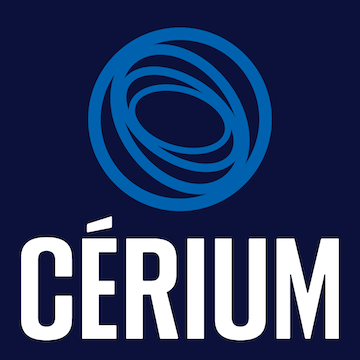Taiwan, the Invisible: Treasure or Ghost Island?

"If the media is an extension of the human sensory function, the architecture/built-environment is a contradictory fable of Taiwan's contemporary society."
--- MI-SEN WU
This presentation is about a series of documentary I am working on, which examines and denounces the colonial violence of the past through the evidence of the three colonial buildings in Taiwan. However, this is not the only goal of this project. After all, deconstructing the ideology of power from the aesthetics of architecture seems in itself a progressive political thought, but it might somehow be endangered of being packaged in the middle class's architectural fetish complex. What I am trying here is to add the missing page: the question of when and how Taiwan is "invisible", by investigating three kinds of buildings which are being “invisible” in Taiwan. Those have been torn down, or should be torn down and about to be demolished. Are the controversial historical buildings considered cultural heritage, political burden or collective memory? But, whose memory? What kind of memories, difficult, dark or horrifying? In Taiwan, the interpretations, dismantling or preservation of the multi-tolerance of these buildings should not only be an antidote, but should be used to confront these conflicts and contradictions. Examining these conflict-ridden and controversial buildings neither visible or invisible, and identifying everyday violence could be a way to liberate ourselves from our “dark heritage”.
=========================================================================
Mi-Sen Wu holds a professional degree (BFA) in film production from the City University of New York and attended the Master of Architecture program (M.Arch.) at the University of British Columbia before pursuing his Ph.D at National University of Taiwan. In 1998 the Taipei Film Festival chose only twenty short films over the entire history of Taiwan to highlight its historical milestones. Among these twenty films were Ang Lee’s Fine Line and Mi-sen Wu’s Van Gogh’s Ear (featuring the Beat Generation poet, Allen Ginsberg)
Wu then has written, produced and directed four major motion pictures in Taiwan: Fluffy Rhapsody (2000), Drop Me a Cat (2002), amour-LEGENDE (2006) and Kara Orchestra (2013), which has been internationally well received, including at Pusan International Film Festival and World-Fest Houston and San Francisco International Film Festival. In recent years, Wu has worked on several documentary projects concerning identity, the Japanese complex, and dark memory in Taiwanese literature, which won him two Golden Bell Awards for best director.
As a filmmaker, Wu is now based in Montreal and is also an adjunct associate professor at the National University of Taiwan.
Emplacement : Carrefour des arts et des sciences, salle C1017-02, 3150, rue Jean-Brillant
